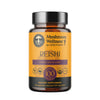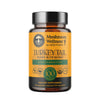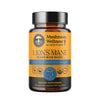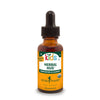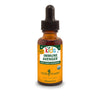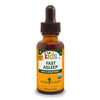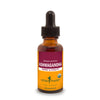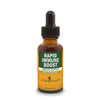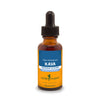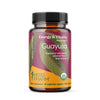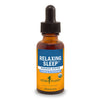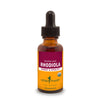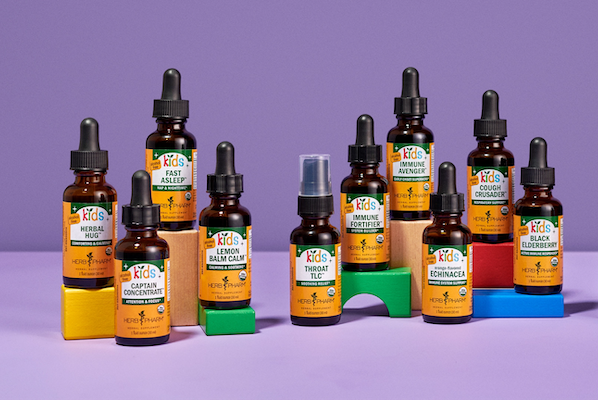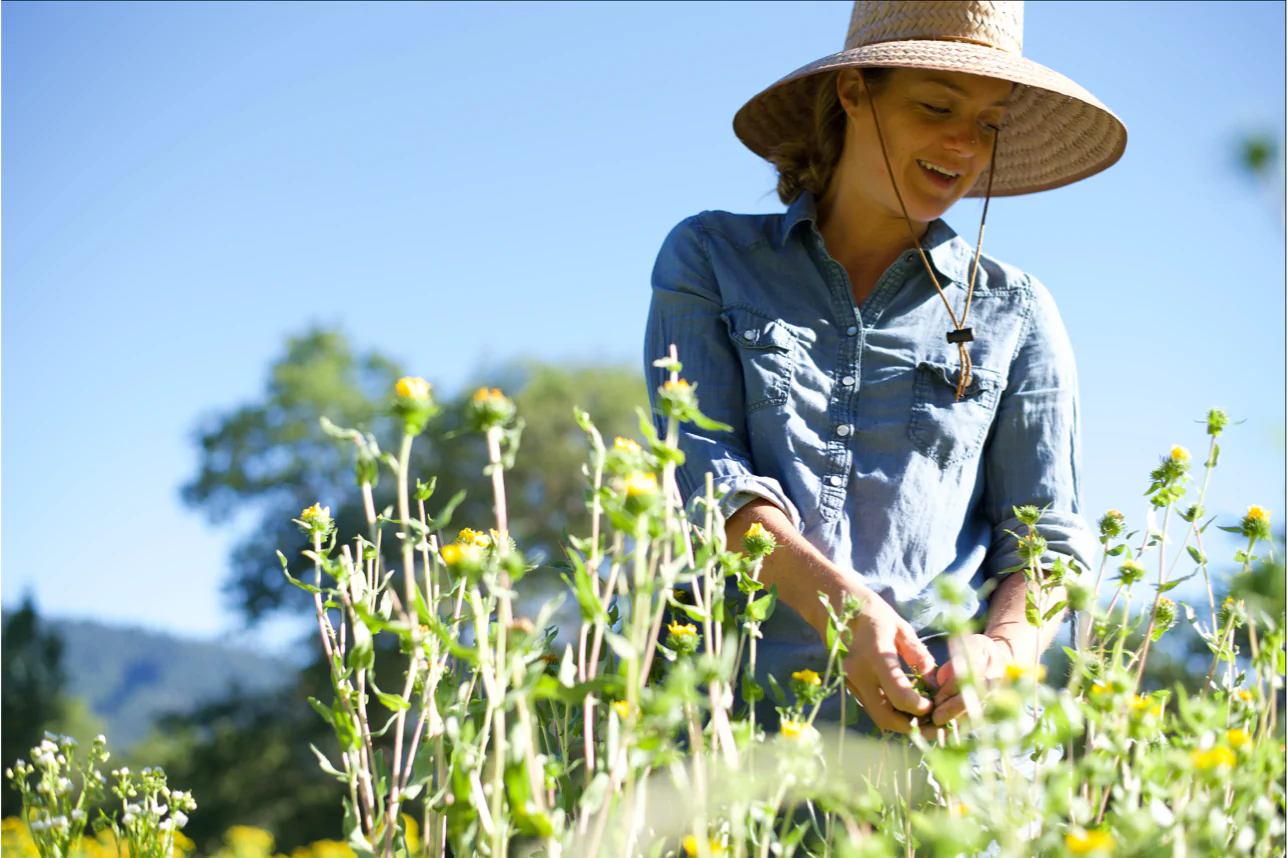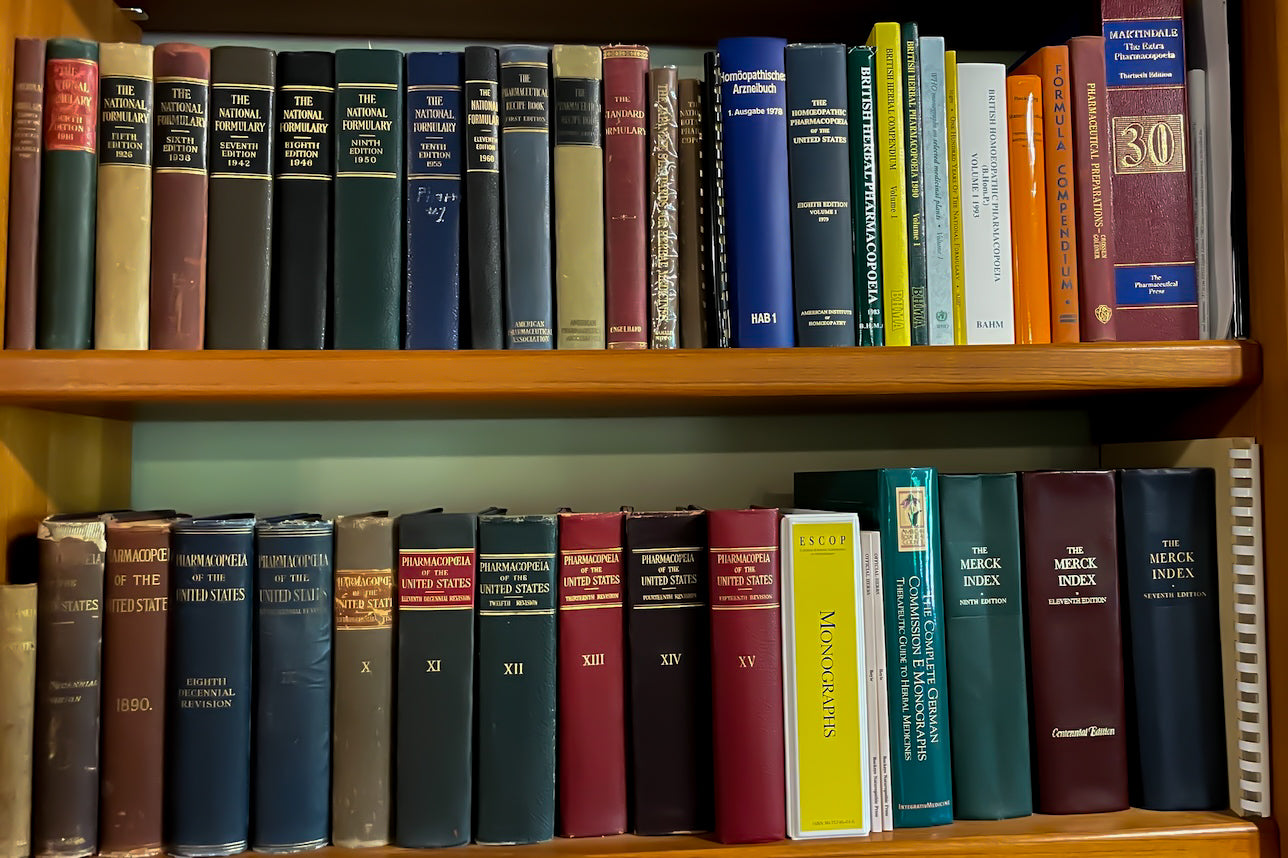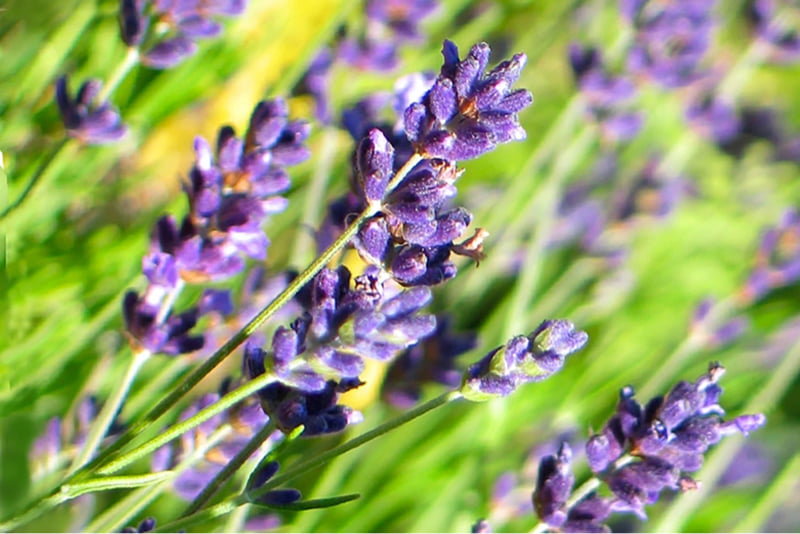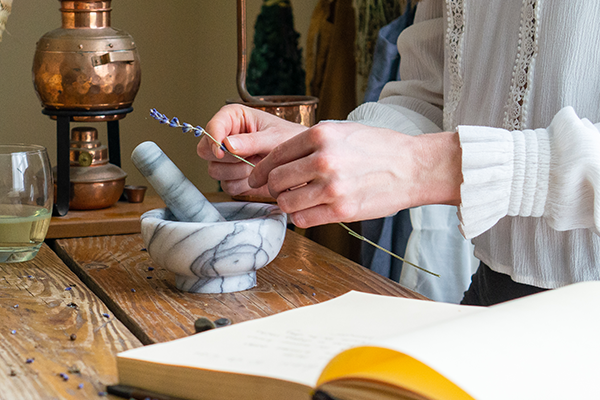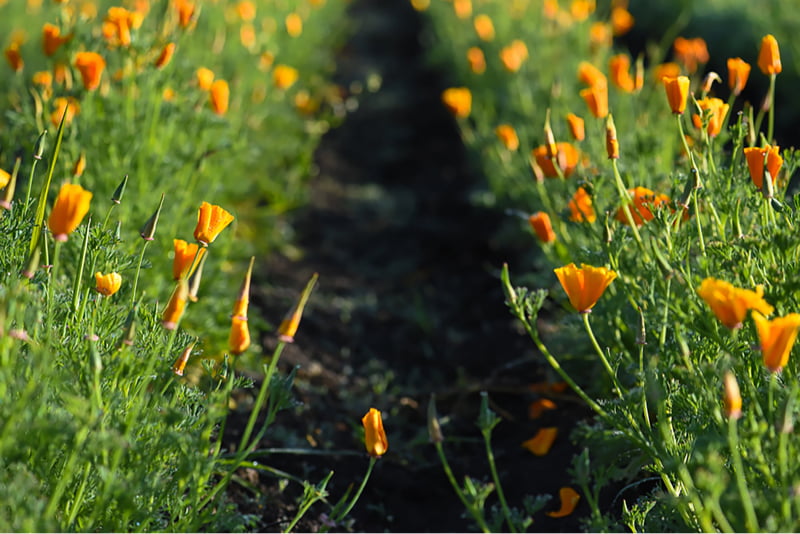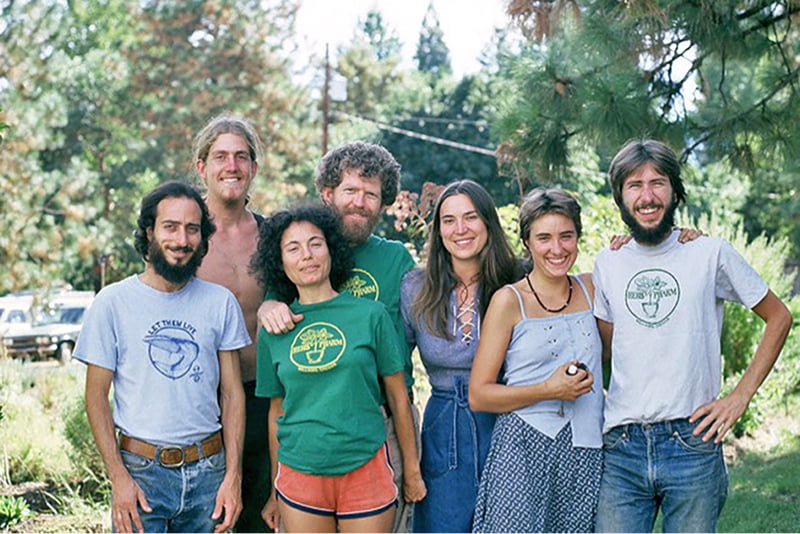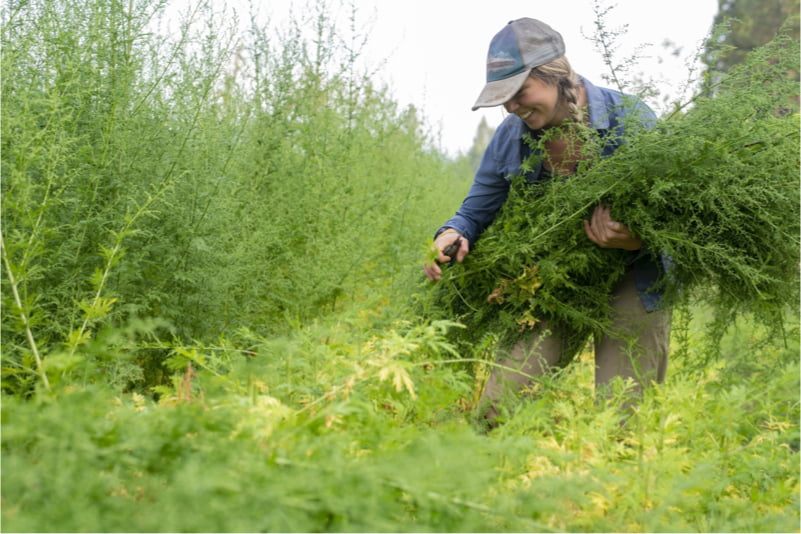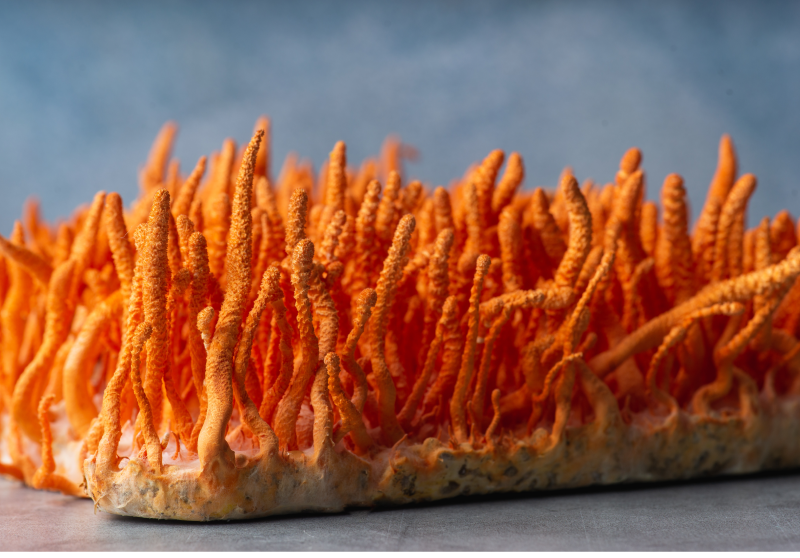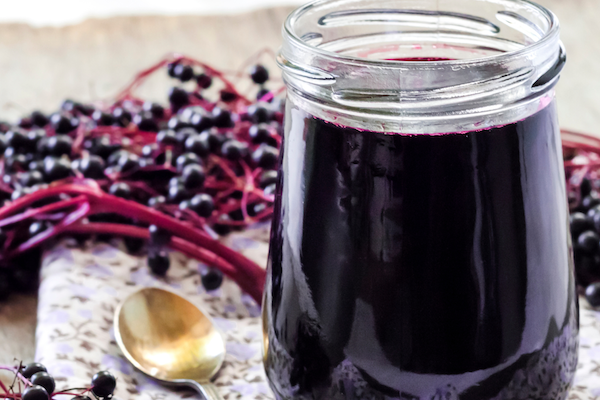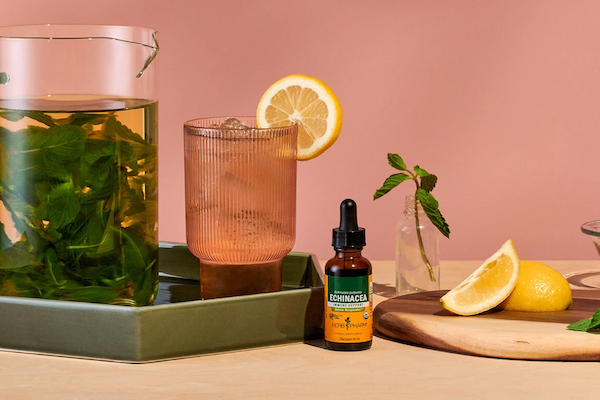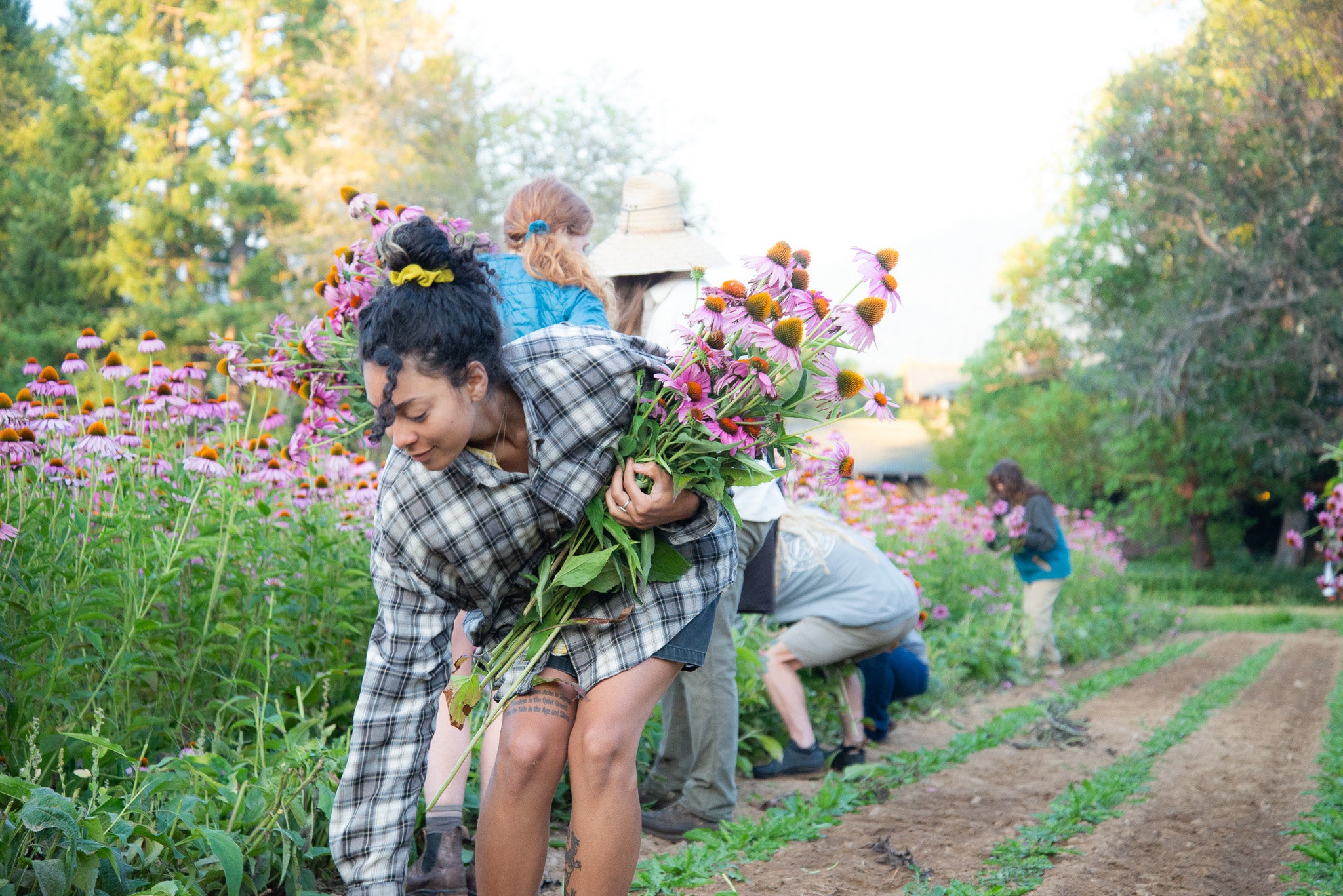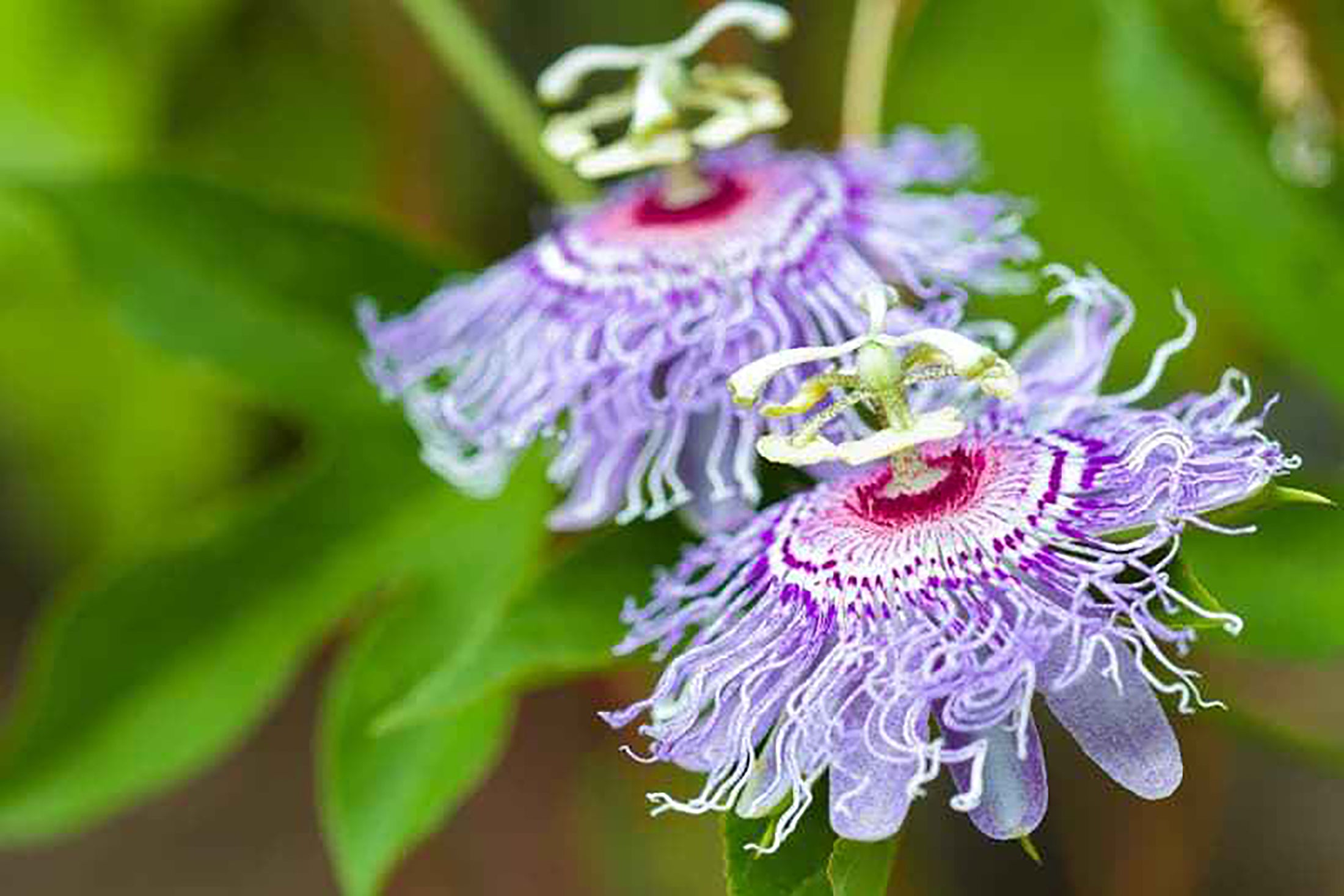One of the most interesting things about herbs is how intertwined they are with history. Many of the herbs we love and still use today have a history of use that spans centuries (and sometimes millennia). In many cases, the way herbs were used can tell the story of how people lived, and in the case of African American herbalism, how they cared for their community and fought for autonomy. In honor of Black History Month, we wanted to take a closer look at African American herbalism.
This article is written by Sasha Brown, our Product Specialist on the Botanical Affairs Team. Here she shares thoughtful research and insights into the history of African American herbalism.
A Practice Grown from Necessity
With seeds braided into their hair, Africans were known to have brought with them a world of plant knowledge during the Atlantic slave trade. Although they all spoke different languages, Africans collectively created a new culture for themselves, in a new land.
African American herbalism is unique in the sense that it is a combination of African, Native American, and European influences. We must acknowledge the influences that have heavily impacted the shaping of a new kind of people whose unique experiences molded their culture and ways of life. Unlike other races, African Americans were involuntarily taken to a new land and therefore, their herbal knowledge grew from necessity – the need to survive and be self-sustainable.
Thankfully, the herbal traditions of African Americans have been orally passed down and recorded over time, so we are able to reference which herbs were used to support and birth a nation. There is record that slaves not only used their herbal knowledge to care for themselves, their families, and local community members, but to also care for their masters and their masters’ families.
Caring for Communities
To me, African American herbalism is about taking care of those you care for in the comfort of your home or theirs, and creating spiritual practices that keep you connected to what’s important, grounded here on earth, and provide you a sense of protection.
In spiritual practices like Hoodoo and Ifá, and the religious practice of Vodou (correct spelling for Voodoo), herbs may be laid on altars as offerings to ancestors, to call upon gods/goddesses or Orishas, and to ward off negative energy or spirits. In Hoodoo, one may carry High John the Conqueror (the root of Ipomoea jalapa) in a medicine bag for good luck, to bring wealth, win a court case, or draw love.1
Foraging for Herbs
Routinely receiving food in the form of leftover scraps, slaves were forced to supplement their diets with food they hunted, fished, or wild harvested during the evenings – after plantation work was complete. They foraged for herbs that grew in the wooded areas surrounding their living quarters. In the warm and humid climates of Southeastern U.S. (i.e. the Gullah region), Spanish Moss (Tillandsia usneoides) hangs from Oak and Cypress trees. African Americans learned its uses from Native Americans and have traditionally prepared a Spanish Moss tea to support well-being.1,2*
Yellowroot (Xanthorhiza simplicissima), a berberine-containing plant, has been traditionally used by the Cherokee, either applied topically or chewed.3 African Americans also adopted the use of Yellowroot, incorporating the herb into many different traditional preparations.1*
A Fight for Autonomy
Because enslaved people were not given access to healthcare, herbalism was an important tool both for survival and the fight for physical autonomy. Over time, herbal recipes were shared through an oral tradition in the African American community and the preservation of this knowledge is crucial – not only for the potential physical benefits but in recognition of the contributions of African Americans to the herbal industry.
If you enjoyed this article let’s keep the conversation going! Tag us on Facebook or Instagram to share your thoughts or recommend additional readings so our herbal community can continue to learn.
References
- [1] Lee, M. (2014). Working the roots: Over 400 years of traditional African American healing. Wadastick Publishers.
- [2] Mitchell, F. (1999). Hoodoo medicine: Gullah herbal remedies. Summerhouse Press.
- [3] Blankespoor, J. (2023). Yellowroot (Xanthorhiza simplicissima). Chestnut School of Herbal Medicine. Retrieved from https://chestnutherbs.com/yellowroot/
